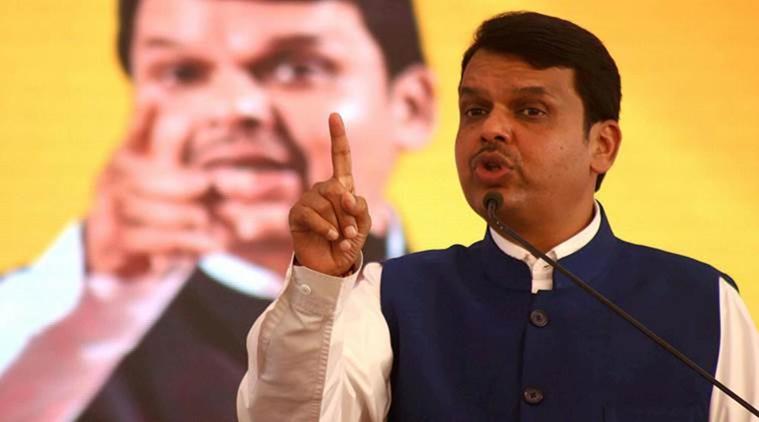 Maharashtra Chief Minister Devendra Fadnavis (File)
Maharashtra Chief Minister Devendra Fadnavis (File)
Maharashtra on Wednesday demanded a higher share for states from the divisible pool of central tax collections. In an official memorandum submitted to the Fifteenth Finance Commission, the BJP government in the state claimed that an increased central devolution, or a 50 per cent share, would reduce the pressure on the state’s finances and the revenue deficit.
Based on recommendations of the previous commission, the Narendra Modi government had earlier increased the share of states in central tax collections to 42 per cent from the previous level of 32 per cent. But Maharashtra on Wednesday argued that the net gain to it due to the move was “immediately offset by a sharp change in the centre: state sharing formula in centrally sponsored schemes and the Centre’s discontinuance of funds for some such schemes”. The commission’s chairman N K Singh revealed that other states they visited also raised a similar demand.
Contending further that the proportion of surcharges and cess levied by the Centre had increased substantially since 2015-16 and that these now form a sizeable part of the taxes, Maharashtra has also demanded that “these should also be a part of the divisible pool”. It has further demanded that states should also be given proportionate share of the additional funds generated through cesses and surcharges, spectrum sales, license fees, and disinvestments, among other revenues.
While the Maharashtra government has announced a goal to become a $ 1 trillion economy by 2025, it has now sought funds totalling Rs 80,102 crore from the Centre to achieve the target. “Based on current trends, we’ll reach a GSDP level of Rs 55.2 lakh crore by 2024-25 assuming a 12 per cent growth for the period. But as a premier state, we’d like to increase our contribution to the national GDP and have taken many crucial initiatives to help the economy at a much faster clip in the 2020-25 period. But we need more fiscal space to sustain and increase this speed,” the state’s memorandum states.
While the 14th Finance Commission had shot down the state’s requests for state specific and sectoral special grants, Maharashtra on Wednesday sought a Rs 25,000 crore special grant for “reducing the development deficit in the backward regions of Vidarbha and Marathwada”.Underlining the importance of the Mumbai metropolis as the country’s economic powerhouse, it further demanded Rs 50,000 crore for infrastructure growth in the region.
Chief Minister Devendra Fadnavis said, “Mumbai is the backbone of our economy. We must strengthen the infrastructure in Mumbai. We need to acknowlegde Mumbai’s importance to the nation’s GDP, and Maharashtra’s contribution as the country’s growth engine.”
Apart from this, Maharashtra has sought grants for improving judicial infrastructure (Rs 1700 crore), forest/wildlife and green cover (Rs 1177 cr), environment conservation and management (Rs 1400 cr), and preservation of cultural heritage (Rs 825 cr).
Singh later said, “The commission shares Maharashtra’s aspiration to become a trillion dollar economy. We believe that the state has seen sharp progress in the last few years.”
Meanwhile, reiterating its demand that performing states should not be penalised but rewarded, the government sought a revision in formula for tax devolution among the states.
“We feel that disproportionate emphasis has been given to equity parameters at the cost of parameters that reward efficiency, and hold a strong view that the Commission should give due weightage to both equity and efficiency parameters.”
Maharashtra has said that the income distance criteria’s weightage should be lowered from the current 50 per cent to 15 per cent, while suggesting that the deprivation index of states as per the latest Socio Economic and Caste Census (15 per cent) and the level of urbanisation (10 per cent) should also be considered. It has agreed that the 2011 population census be considered, while arguing that fiscal efficiency (7.5 per cent) and tree cover (2.5per cent) should also be assessment parameters.